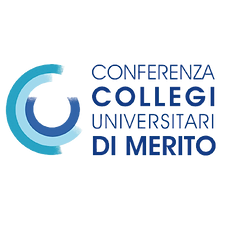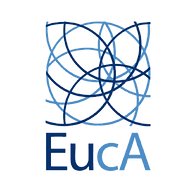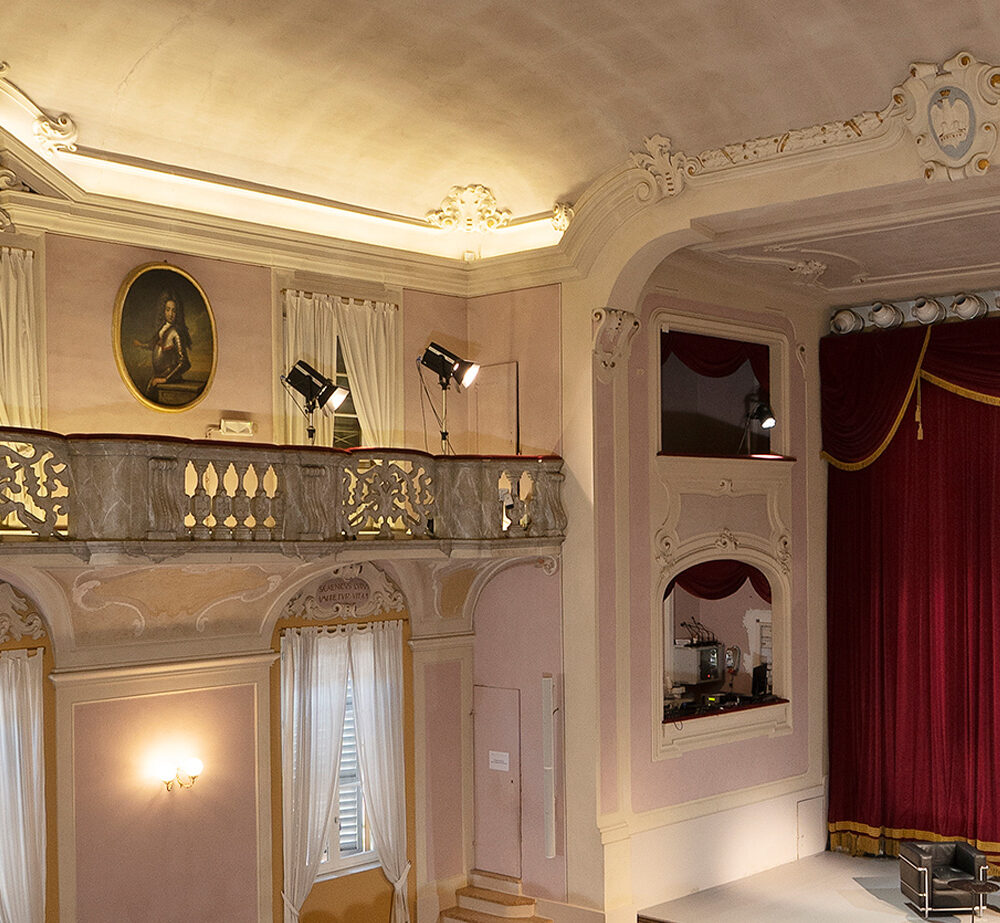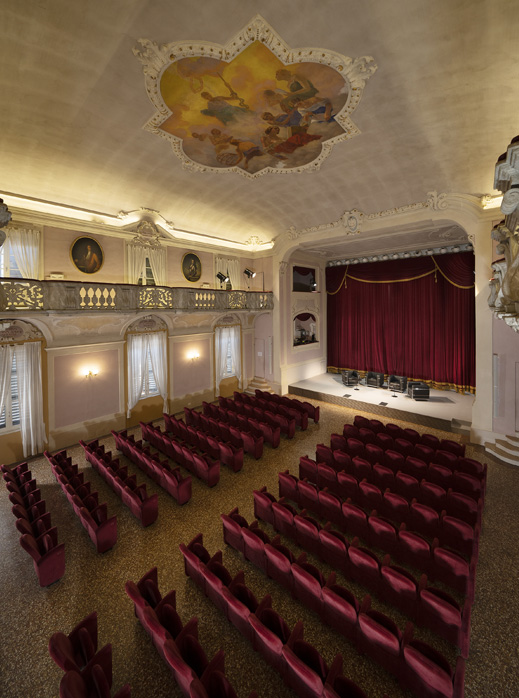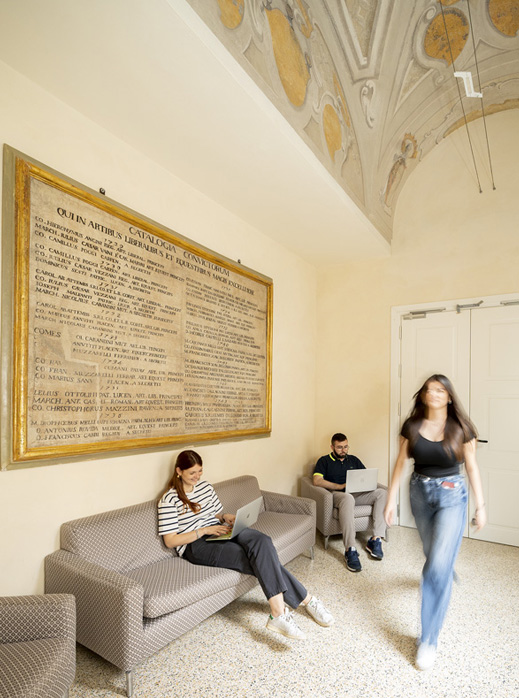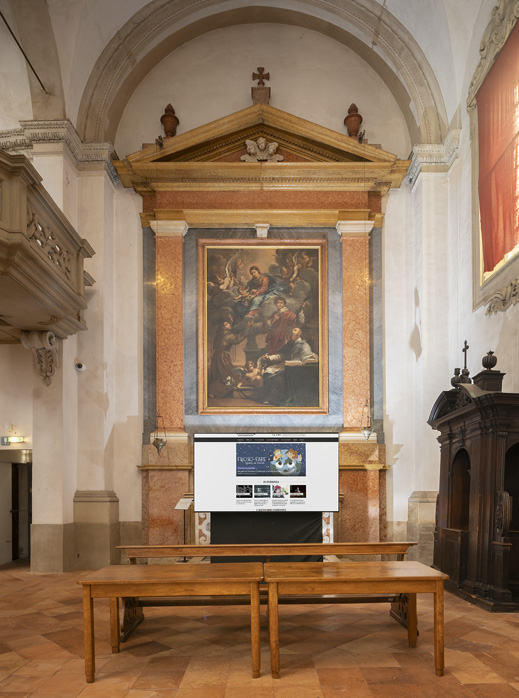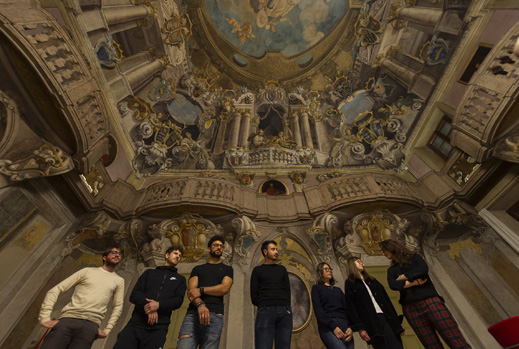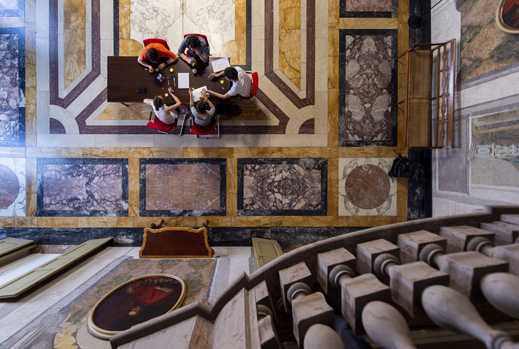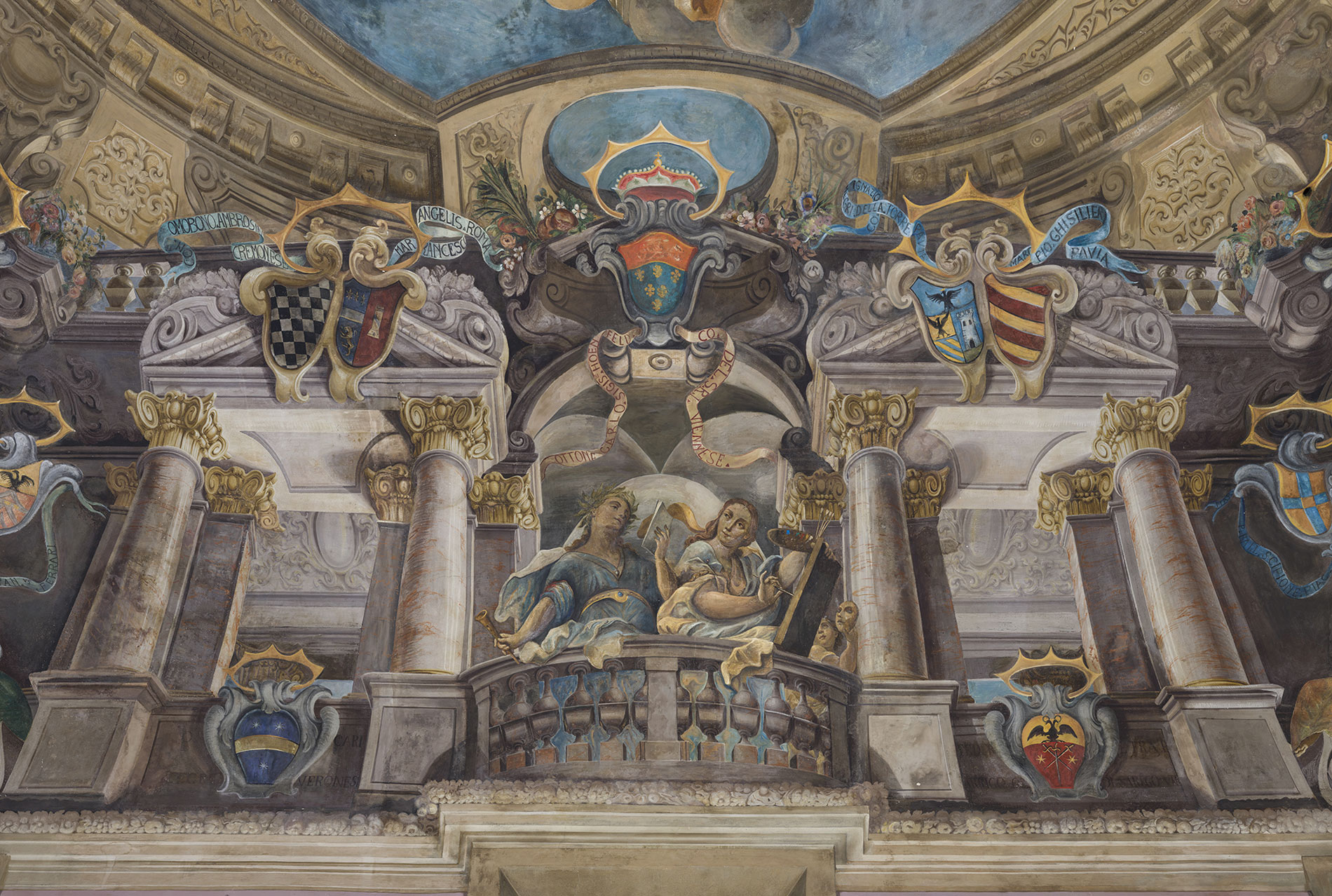History
In November 1626, Paolo Boschetti, a Modenese count and priest, set up an establishment for the education of knights and gentlemen. Their training consisted of in-house schooling, the study of the arts and sciences (including foreign languages), and physical activities. The College has a long list of illustrious alumni, including – to name but a few – Camillo Molza, Bonaventura Corti, Lazzaro Spallanzani and Ippolito Pindemonte.
As the 18th century drew to a close, amidst the cultural upheaval affecting the whole of Europe, the College extended its admissions criteria to include students who were not from noble families, while retaining its original vocation and continuing to focus on the education of young people who were likely to become members of the ruling class in later life. In 1862, privately operated schools were given the same status as government schools, marking the start of a process that culminated in the transfer of responsibility for education to the State a century later (in 1970). But the College remained in operation by changing its approach and taking on a new role as a University college. As such, it continued to pursue its original educational mission by new means, thereby establishing training and education as crucial aspects of the College’s history.
The overall goal of the College and the Foundation is to combine tradition with innovation.
Students see evidence of both these features simply by walking through the rooms and corridors of the Palazzo and crossing the Sala dei Cardinali on their way to the modern gym. The College’s approach to education revolves around forging a two-way relationship between the institution and its students, which is based on formal rules without doubt, but is much more focused on an openness to mutual understanding and involvement.
Last but not least, the recognition of merit is one of the central values that guides the College’s work. High-quality learning, to which our students’ academic results bear witness, alongside the ability to live as part of a community and engage with other students, provide the most solid foundations on which to build growth, maturity and openness to a wide range of views.

Newsletter
Founded in 1626, the Collegio San Carlo is today, as a Foundation, a center for academic training and dissemination of culture. Sign up for our newsletter and never miss a story.
Institutional partners
